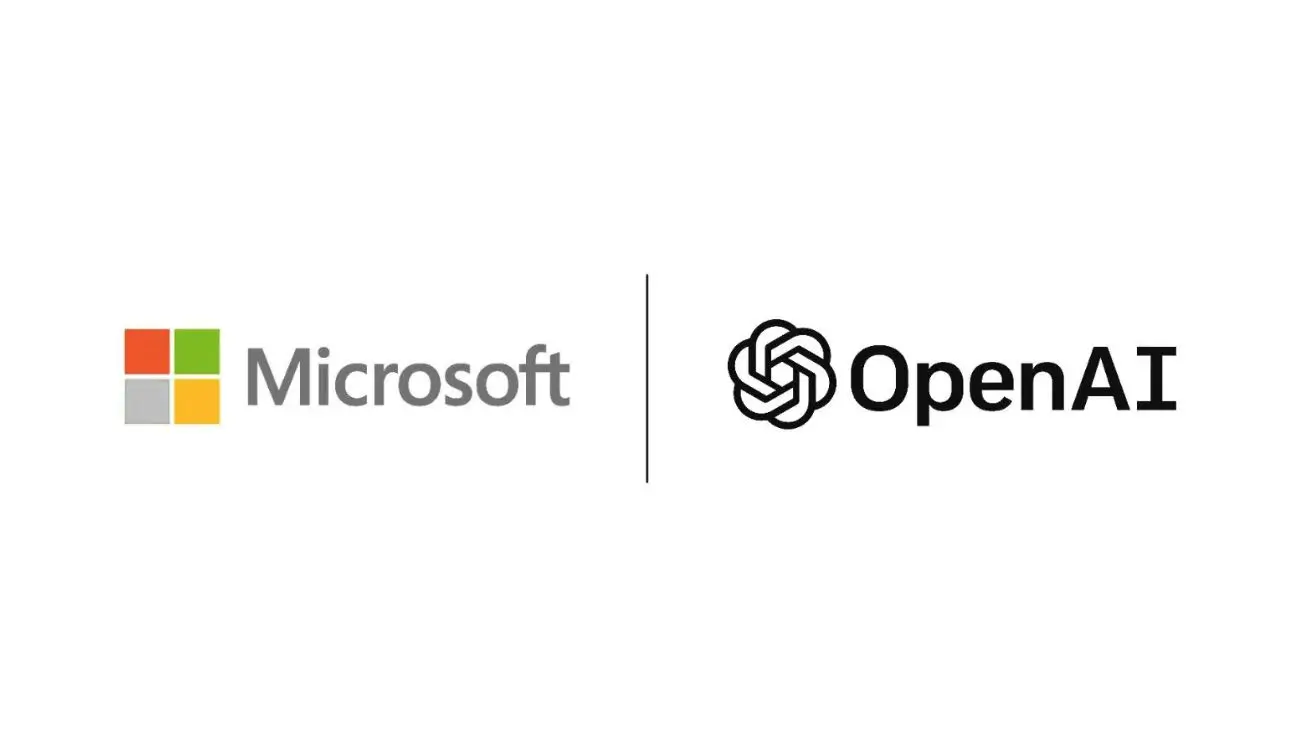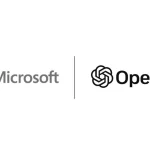OpenAI and Microsoft are renegotiating their long-standing partnership to support OpenAI’s potential initial public offering (IPO) and transition to a for-profit model, as reported by the Financial Times on May 11, 2025. This move aims to secure new funding for OpenAI while ensuring Microsoft retains access to its advanced AI models. As the AI industry evolves, this strategic shift could reshape the competitive landscape, but it also raises concerns about ethical AI development, accessibility, and the balance between innovation and corporate interests.
Since their partnership began in 2019 with Microsoft’s $1 billion investment, followed by additional funding in 2021 and 2023 totaling over $13 billion, OpenAI and Microsoft have collaborated closely to advance AI technologies. OpenAI relies on Microsoft’s Azure cloud infrastructure to train models like ChatGPT, DALL·E 2, and GitHub Copilot, while Microsoft benefits from priority access to these innovations. The current negotiations focus on adjusting these terms to allow OpenAI to pursue an IPO, attract new investors, and operate as a for-profit entity, while ensuring Microsoft can continue to commercialize OpenAI’s AI models. This renegotiation reflects trends in AI communication tools, where partnerships are key to scaling technology for broader use.
The talks come at a pivotal moment for both companies. In January 2025, Microsoft revised its agreement with OpenAI after partnering with Oracle and Japan’s SoftBank Group to build up to $500 billion in AI data centers in the U.S., diversifying its AI strategy. This shift has sparked concerns about competition, as Microsoft’s Azure platform could face challenges if OpenAI begins offering its models to other cloud providers. The renegotiation aims to address these tensions, ensuring a balance that allows OpenAI to grow independently while maintaining Microsoft’s strategic advantage. Similar dynamics are seen in AI privacy debates, where collaboration and competition often intersect.
An IPO for OpenAI could significantly impact the AI sector. Going public would provide OpenAI with the capital needed to advance projects like artificial general intelligence (AGI), but it would also subject the company to greater scrutiny over its operations and profitability. The shift to a for-profit model raises questions about whether OpenAI can stay true to its mission of advancing AI for the public good, especially as commercial pressures grow. This tension is a recurring theme in AI accessibility efforts, where the push for innovation often clashes with equitable access to technology.
The renegotiation also highlights the competitive stakes in AI development. Microsoft’s deep integration with OpenAI has given it a lead, but a more independent OpenAI could collaborate with competitors like Google, which has been advancing its own models, as seen in AI creative tools that support diverse applications. Such a shift could foster innovation by leveling the playing field, but it might also fragment the AI ecosystem, creating challenges for interoperability and standardization. These issues are often discussed in cybersecurity discussions, where the need for cohesive systems is critical.
Several challenges lie ahead as OpenAI and Microsoft redefine their partnership. Ensuring that OpenAI’s for-profit transition doesn’t compromise its focus on responsible AI development is a priority, especially given Microsoft’s commitment to its Responsible AI Standard, which sets guidelines for ethical AI use. The digital divide also poses a risk, as smaller companies may struggle to keep pace with tech giants, a concern echoed in AI hardware innovations that aim to democratize advanced technology. The success of this renegotiation will depend on balancing these factors while fostering innovation that benefits society as a whole.
The outcome of these talks could set a new standard for AI partnerships, influencing how companies collaborate in this rapidly evolving field. An IPO for OpenAI might accelerate AI breakthroughs, but it also risks prioritizing profit over public good, a delicate balance that both companies must navigate. As the AI landscape continues to shift, this partnership will play a defining role in shaping the future of technology. What do you think about OpenAI’s IPO plans—will they drive AI forward or create new hurdles? Share your thoughts in the comments—we’d love to hear your take on this major development.







